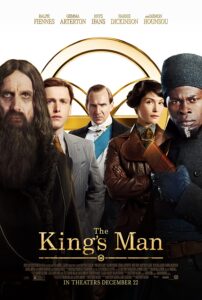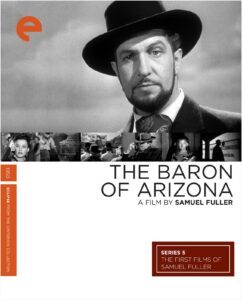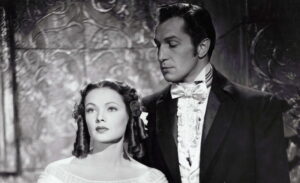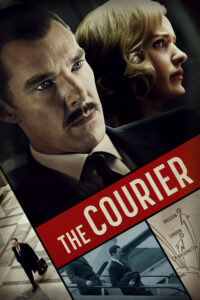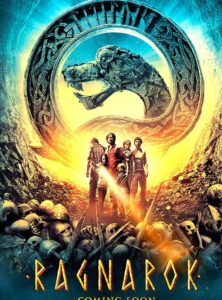I recently ignited a spirited discussion on the questions was the original novel Frankenstein science-fiction or not. A number of people argues the process of using electricity to vivify the creature as a principal aspect of the science in this fiction. But that image, the grand storm, the massive bolts of lightning, the sparking machinery, all originate with the 1931 film Frankenstein and if any visual image leaps into your head of the creature, particularly if that image is hulking, brutish, and mute then the person leaping to your mind is Boris Karloff.
This week I watched a fantastic documentary on the life of Karloff, Boris Karloff: The Man Behind 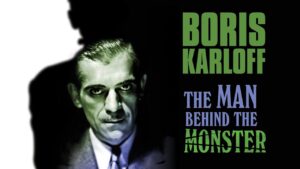 The Monster and while I knew some of the story there was a great deal about this extremely talented actor I never knew. For example, due to the racism of the times he hid and never discussed his ethnicity and what I had assumed was a ‘Hollywood tan’ George Hamilton was actually his South Asian (Indian) heritage.
The Monster and while I knew some of the story there was a great deal about this extremely talented actor I never knew. For example, due to the racism of the times he hid and never discussed his ethnicity and what I had assumed was a ‘Hollywood tan’ George Hamilton was actually his South Asian (Indian) heritage.
Remember almost exclusively in popular culture as Frankenstein’s monster, a part he gave pathos and empathy to that lives on nearly a century later, Karloff’s best work came in other films. Personally I have not seen a finer performance by him than as the murderous cabman in The Body Snatcher, (1945) where he is not only frightening but also disarmingly charming. However, The documentary also gave me new films to seek out and watch with the amazingly versatile man such as Lured starring Lucile Ball searching for a killer in London, or The Black Room where Karloff plays noble brothers with one decidedly evil.
The film covers his life, its hard knocks, and that somehow this man remained giving, gracious, and inspiring throughout the turbulent turmoils. For fans of good documentaries, classic horror, and above all Karloff, this is a must see.
Boris Karloff: The Man Behind The Monster is currently streaming on Shudder.

